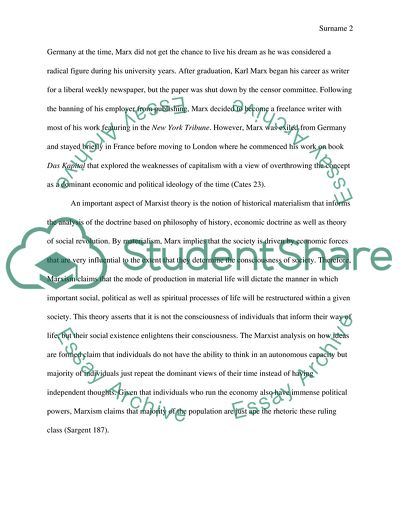Cite this document
(Ideas Contained in the Marxist Theory Essay Example | Topics and Well Written Essays - 1750 words - 4, n.d.)
Ideas Contained in the Marxist Theory Essay Example | Topics and Well Written Essays - 1750 words - 4. https://studentshare.org/sociology/1811236-sociology
Ideas Contained in the Marxist Theory Essay Example | Topics and Well Written Essays - 1750 words - 4. https://studentshare.org/sociology/1811236-sociology
(Ideas Contained in the Marxist Theory Essay Example | Topics and Well Written Essays - 1750 Words - 4)
Ideas Contained in the Marxist Theory Essay Example | Topics and Well Written Essays - 1750 Words - 4. https://studentshare.org/sociology/1811236-sociology.
Ideas Contained in the Marxist Theory Essay Example | Topics and Well Written Essays - 1750 Words - 4. https://studentshare.org/sociology/1811236-sociology.
“Ideas Contained in the Marxist Theory Essay Example | Topics and Well Written Essays - 1750 Words - 4”. https://studentshare.org/sociology/1811236-sociology.


